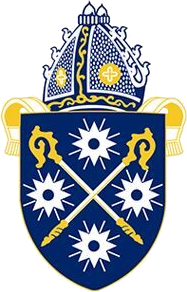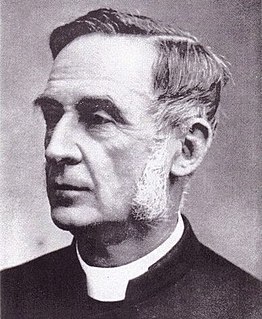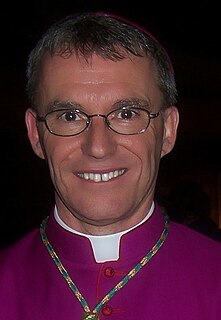
Edith Dircksey Cowan was an Australian social reformer who worked for the rights and welfare of women and children. She is best known as the first Australian woman to serve as a member of parliament. Cowan has been featured on the reverse of Australia's 50-dollar note since 1995.

Edith Cowan University (ECU) is a public university in Perth, Australia. It is named in honour of the first woman to be elected to an Australian parliament, Edith Cowan, and is the only Australian university named after a woman. Gaining university status in 1991, it was formed from an amalgamation of tertiary colleges with a history dating back to 1902 when the Claremont Teachers College was established, making it the modern descendant of the first tertiary institution in Western Australia.
Six hungry families was a phrase used in the 1880s and 1890s to describe six of the most prominent and powerful families in colonial Western Australia, with extensive influence in judicial, political, mercantile and social circles. It was first used by John Horgan during his unsuccessful 1886 campaign for election to the Western Australian Legislative Council.
The Licentiate in Theology or Licence in Theology is a non-degree qualification in theology awarded in Canada and previously awarded in the United Kingdom, Australia, and New Zealand.

The Anglican Diocese of Perth is one of the 23 dioceses of the Anglican Church of Australia. The constitution of the Diocese of Perth was passed and adopted in 1872 at the first synod held in Western Australia. In 1914, the Province of Western Australia was created and the diocesan bishop of Perth became ex officio metropolitan bishop of the new province and therefore also an archbishop.
Charles Cooke Hunt was an English explorer who led four expeditions into the interior of Western Australia between 1864 and 1866.

Count Redmond Garrett Prendiville a former Australian metropolitan bishop, was the fifth bishop and second Roman Catholic Archbishop of the Archdiocese of Perth. In 1933, at the time of his consecration, aged 32, Prendiville was reputedly the youngest-ever Catholic archbishop.

Henry Hutton Parry was a bishop of the Church of England. He was consecrated co-adjutor bishop in Barbados in 1868. He was translated to Perth to become the second Bishop of the Anglican Diocese of Perth, a position held from 1876 to 1893.

Timothy John Costelloe SDB is an Australian prelate of the Catholic Church. He is the ninth archbishop of the Archdiocese of Perth, appointed in February 2012.

St Mark's National Theological Centre is a theological college in Australia. It is a part of the Anglican Diocese of Canberra and Goulburn.
Lionel Walpole Parry (1883–1954) was an Anglican priest and educator.
(Thomas) Brian Macdonald, OBE was an Anglican bishop in the second half of the 20th century.
Brian Robert Kyme (22 June 1935 – 16 April 2020) was an Australian Anglican bishop, National Director of the Australian Board of Missions, and author.

St John's College, Morpeth, known colloquially as the "Poor Man's College, Armidale", was opened in Armidale in 1898 as a theological college to train clergy to serve in the Church of England in Australia. It moved to Morpeth in 1926 and closed in 2006.

Wollaston College is an Australian educational institution in Perth, Western Australia, established in 1957. It provides theological education for both lay and ordained people of the Anglican Diocese of Perth, as well as forms candidates for ordination in the Anglican Church of Australia. Through its partnership with Trinity College Theological School in Melbourne, Wollaston College teaches units within, and its academic staff are accredited by, the University of Divinity.
The Clergy Training College was a short-lived Australian educational institution in Goulburn, New South Wales, established in 1906. It trained candidates for ordination in the Anglican Church of Australia.
The Community of the Ascension was an Anglican religious community for men in Goulburn, New South Wales, Australia. It was the first male Anglican religious order to be successfully established in Australia, in 1921, and existed until it dissipated in 1940 and then formally dissolved in 1943.
Newton Theological College is a Papua New Guinean educational institution in Popondetta, Papua New Guinea. It trains candidates for ordination in the Anglican Church of Papua New Guinea.
The Anglican Board of Mission - Australia (ABM), formerly Australasian Board of Missions and Australian Board of Missions, is the national mission agency of the Anglican Church of Australia. In its earliest form, it was established in 1850.
Maurice Richard Daustini Kelly was an Australian priest in the Church of England in Australia. He was the co-founder of two Anglican religious communities.








